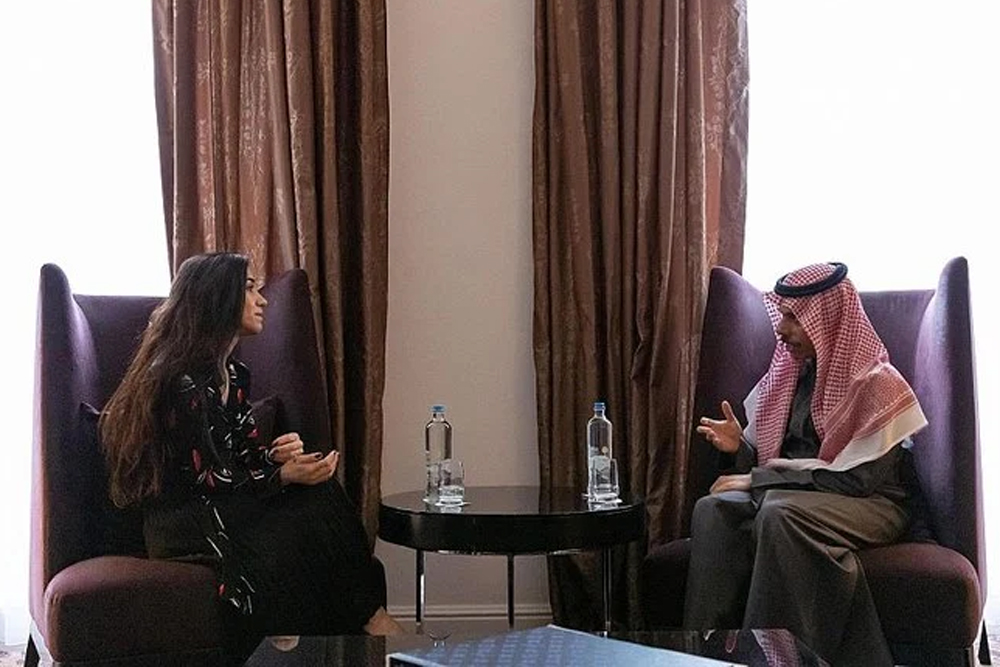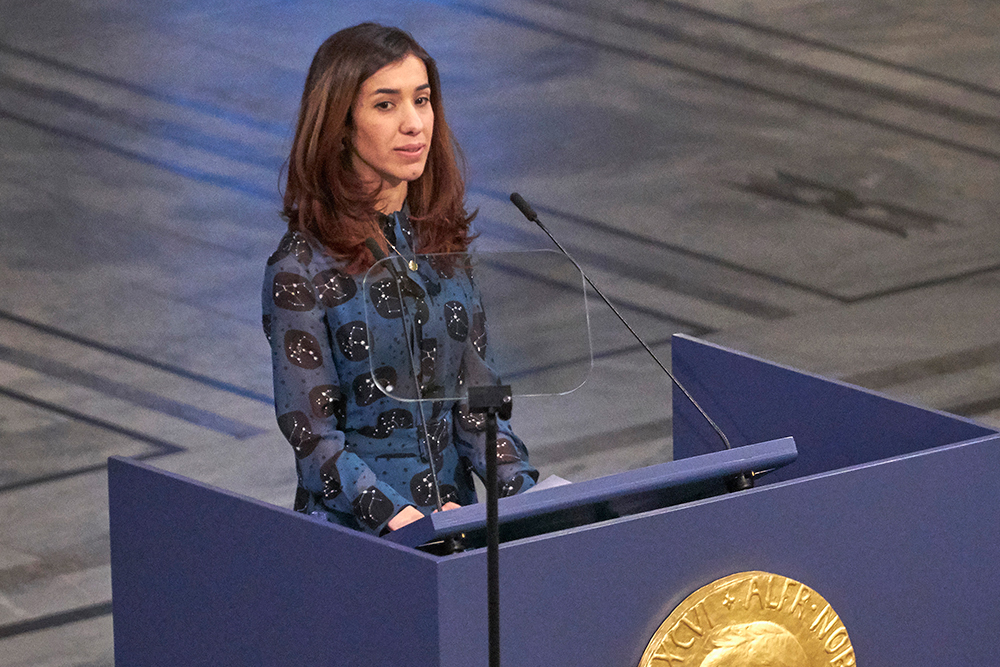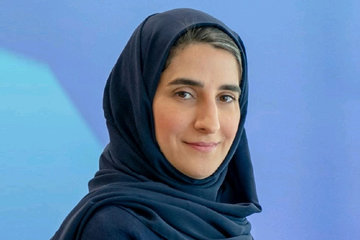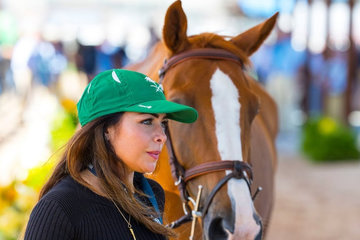
29 year old Nadia Murad won the Nobel Peace Prize in 2018 for her efforts to end the use of sexual violence as a weapon of war and armed conflict. Growing up in the northern region of Iraq, in a village called Kojo, Murad is a member of the Yazidi minority- an ancient ethno-religious group.
In 2014, when militants from the Islamic State (IS) conquered Kojo and massacred several hundred men and elderly women, the IS claimed that the Yazidi were devil worshippers who had to be exterminated. At the time, Nadia Murad was just 21 years old, and among a number of other women who had been abducted from their homes and and held as sex slaves. Nadia was raped and threatened with execution unless she converted to the IS version of Islam.

Months later, and determined as ever to escape, Nadia had managed to flee in 2015 and arrived in Germany. It was there that she chose to tell the international community what she had suffered and in doing so hoped that it would result in her abusers being brought to justice for their heinous crimes against humanity.
In 2016, she was appointed the United Nations’ first Goodwill Ambassador for the Dignity of Survivors of Human Trafficking. In 2008, the United Nations determined that use of sexual violence in war and conflict is a war crime. Nadia Murad has since written an autobiography, “The Last Girl” and in it recounts the atrocities perpetrated against her and how she still seeks to help ensure that future generations of girls and young women do not become victims of sexual violence in war.
On Thursday 16th February 2023, Saudi Foreign Minister Prince Faisal bin Farhan met with the courageous 2018 Nobel Peace Prize winner on the sidelines of his official visit to the EU in Brussels, as reported by the Saudi Press Agency.
Over the course of their official meeting, both Murad and Prince Faisal discussed the important role she had in exposing the crimes and human rights violations of ISIS across a number of countries.
Prince Faisal praised the Iraqi-Yazidi activists’ efforts in raising awareness of human rights.
Saad bin Mohammed Al-Arifi, head of the Saudi mission to the EU, and Abdulrahman Al-Dawood, director general of the foreign minister’s office also attended the meeting.
















